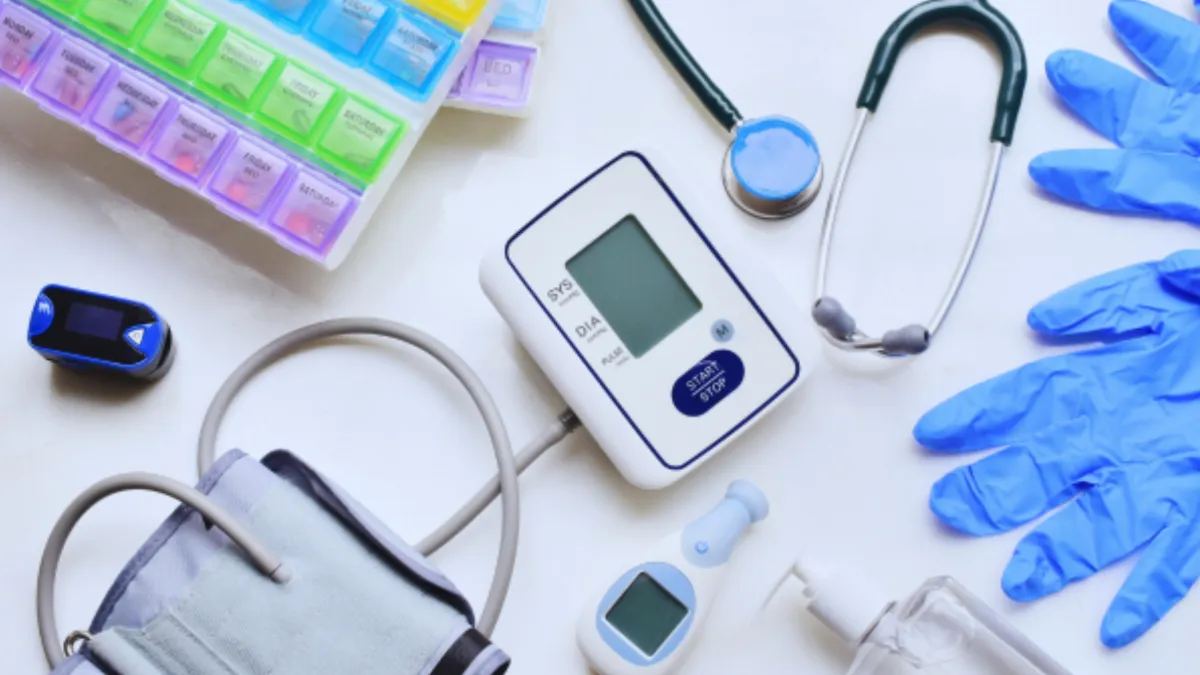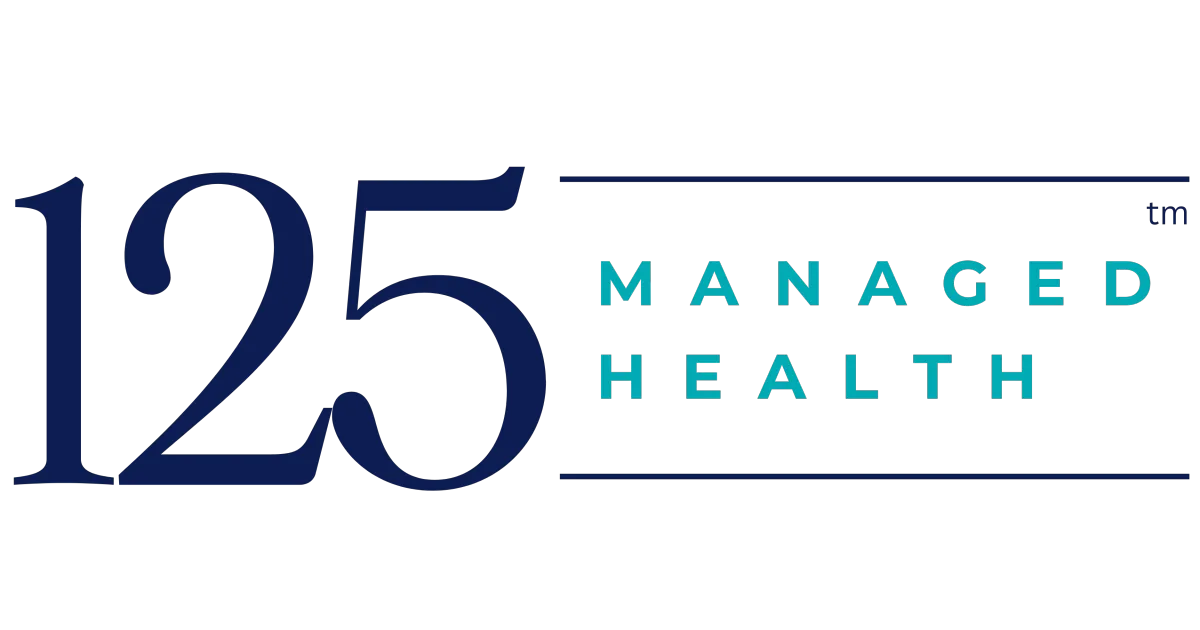
Preventive Care That Pays Off: 6 Screenings to Add to Your Benefits | 125 Managed Health
You know what’s more expensive than healthcare? Not using it—until it’s too late.
“The best health benefit is the one that prevents the claim.”
Still, too many companies still treat it like an optional add-on, when in reality, it’s one of the most powerful tools for cost control, employee retention, and saving lives.
The Centers for Disease Control and Prevention (CDC) says chronic diseases and mental health conditions account for nearly 90% of U.S. healthcare spending. A lot of that could be avoided with better preventive care and early detection.
If you're managing employee benefits, these six preventive tests should absolutely be part of your plan.
1. Annual Checkups (Physical Exams)
This is the one thing everyone should be doing—and it’s often the one they skip.
A yearly checkup can catch:
High blood pressure
Early signs of diabetes
Mental health concerns
Other silent health issues
“The greatest medicine of all is teaching people how not to need it.” –Hippocrates
Encouraging checkups helps your employees stay healthy—and helps your company avoid bigger claims later.

2. Cholesterol & Heart Health Screenings
Heart disease is still the leading cause of deathin the U.S.
The scary part? Many people have no symptoms until it’s serious.
With simple blood tests, you can catch:
High LDL cholesterol
Hypertension
Early signs of heart disease
According to a study in Health Affairs, employers can save $3.27 for every $1 spent on wellness programs when cardiovascular health is addressed.

3. Cancer Screenings
Cancers like breast, colon, and cervical cancer are very treatable when caught early. That’s why screenings matter.
The U.S. Preventive Services Task Force (USPSTF) recommends:
Mammograms every other year starting at age 40 (Source: USPSTF)
Pap smears every 3 years (Source: USPSTF)
Colonoscopies starting at 45 (Source: USPSTF)
Early detection increases survival rates to over 90% for many cancers. Skipping screenings? That’s a risk you can’t afford—for your people or your budget.

4. Vision Screenings
Poor vision affects:
Concentration
Accuracy
Workplace safety
And annual eye exams can uncover more than just vision issues—they can also detect diabetes, high blood pressure, and neurological problems. Offering routine screenings supports both health and productivity.

5. Dental Screenings (Cleanings & Exams)
Oral health is directly linked to heart health, diabetes, and more.
Infections in the mouth can lead to:
Costly ER visits
Systemic illness
Missed workdays
Including dental screenings and cleanings in your plan helps prevent small issues from turning into costly medical events.

6. Mental Health Screenings
This one’s more important than ever.
According to Harvard Business Review, depression alone leads to 200 million lost workdays each year, costing employers up to $44 billion annually.
By offering easy access to:
Stress check-ins
Teletherapy
Mental health screening tools
You build a culture that values emotional wellness, not just physical health.

Make Prevention a Priority
Preventive care doesn’t just protect people—it protects your budget and your culture.
When employees know they can catch issues early, they’re more likely to use their benefits, stay healthy, and stick around longer.
At 125 Managed Health, we help brokers and businesses design affordable, high-impact preventive care programs that employees actually use.
Start building smarter, more affordable benefits with 125 Managed Health today. Book a free consult here.
For more stories or updates, visit the 125 Managed Health Blog Hub.
